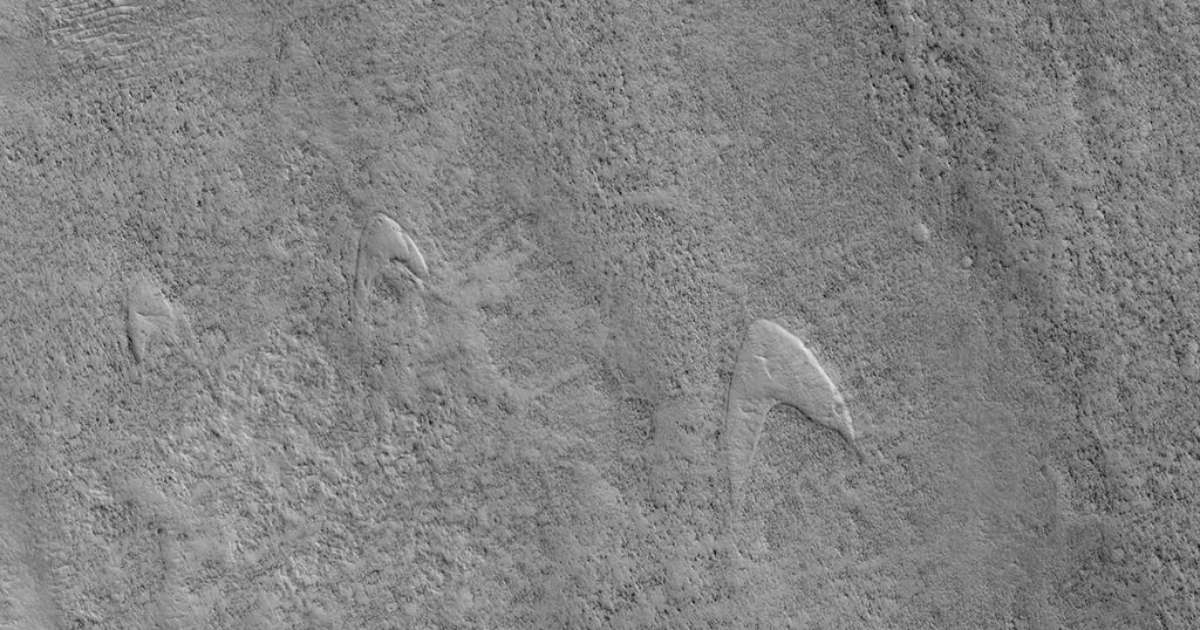Damage to submarine cables in the Red Sea is disrupting telecommunications networks and forcing service providers to reroute a quarter of traffic between Asia, Europe and the Middle East, including Internet traffic.
Cables to four major telecom networks have been “cut”, causing “major” disruptions to telecom networks in the Middle East, according to Hong Kong telecommunications company HGC Global Communications.
HGC estimates that 25% of traffic between Asia and Europe, as well as the Middle East, has been affected, according to a statement on Monday.
The company said it was rerouting traffic to minimize disruption to customers as well as “providing assistance to affected businesses,” although it was not revealed how the cables were damaged or who was responsible.
Submarine cables are the invisible force that drives the Internet, many of which have been funded in recent years by Internet giants such as Google, Microsoft, Amazon, and Facebook's parent company. Damage to these underwater networks can lead to widespread internet outages, as happened after the 2006 Taiwan earthquake.
The destruction of the cables in the Red Sea comes weeks after the official Yemeni government warned of the possibility of Houthi rebels attacking that infrastructure. Iran-backed militants have already disrupted global supply chains by attacking commercial ships in the vital waterway.
Last week, the Israeli news agency Globes suggested that the Houthis were behind the damage to the cables. Yemeni rebel leader Abdul-Malik al-Houthi denied these accusations. He added: “We have no intention of attacking the submarine cables that provide Internet to countries in the region.”
Since then, the Yemeni government has held British and American military units operating in the area responsible for the damage, according to a report published by the Yemeni News Agency on Saturday. CNN contacted the UK and US governments for comment, but was unable to immediately reach the Yemeni government.
In a statement last week, the Yemeni government stressed the importance of protecting submarine cables, and said that it was “committed to providing all necessary facilities for the repair and maintenance of these submarine cables.”
Among the affected networks is the Asia-Africa-Europe 1 network, a 25,000 km cable network linking Southeast Asia to Europe via Egypt. The Europe-India Gateway (EIG) was also damaged.
EIG connects Europe, the Middle East and India, via countries such as Portugal, in Sesimbra, and counts Vodafone as one of the main investors. Vodafone, a major mobile network operator, declined to comment.
The company claims on its website that it can send Internet traffic over about 80 submarine cable systems reaching 100 countries.
Most major telecommunications companies rely on multiple submarine cable systems, allowing them to reroute traffic in the event of a failure to ensure uninterrupted service.

“Hardcore alcohol maven. Hipster-friendly analyst. Introvert. Devoted social media advocate.”

